
Shares of Hunan Hansen Pharmaceutical Co (Hansen), a developer and manufacturer of traditional Chinese medicine (TCM), were suspended from trading Thursday after local media reported that one of the company's products might pose risks to human health.
According to an article published Thursday by the National Business Daily (NBD), simotang, a TCM product developed and licensed by Hansen in 1993, lists areca nut extract as one of its ingredients. Areca nut, also known as betel nut, was identified by the World Health Organization as a carcinogenic substance in 2003.
As the NBD report claims, Hansen is jeopardizing public health by not bringing the potential dangers of this ingredient to the attention of consumers.
Hansen, which was aware that the NBD's story would soon go to print, issued statements late Wednesday to the Global Times that simotang complied with safety standards laid out by the China Food and Drug Administration and had never been linked to any adverse health risks. In a filing issued Thursday to exchange authorities in Shenzhen, Hansen said that it would halt trading on its shares until it could arrange a response to the paper's report.
An insider from the company, who spoke to the Global Times Thursday afternoon on condition of anonymity, said that the small amount of areca nut extract found in the product was harmless and well below what national standards demand.
Simotang, a popular over-the-counter medicine used to treat stomach discomfort in infants and newborns, accounted for some two-thirds of Hansen's revenues between 2007 and 2012 according to its financial reports.
When Hansen went public on the Shenzhen Stock Exchange in May 2010 it raised 1.18 billion yuan ($191.28 million) in funding from investors, well above the initial target of 680 million yuan it put down on its listing prospectus. The company raised another 131 million yuan last October through an additional share offering, exchange records show.
As the NBD reported, most of the investment money Hansen secured from these capital market transactions was used to improve simotang, which has become one of China's best-selling TCM products in recent years.
"By 2015, simotang is likely to be among the country's few TCM drugs generating over 1 billion yuan in revenue annually," Wang Jun, a pharmaceutical industry analyst from BOC International, told the Global Times.
"It's common for TCM producers to not go into detail about ingredients or their possible side effects because of all the complicated principles which inform TCM practices," Xia Qing, an industry analyst with Anbound Consulting, told the Global Times.
For the benefit of TCM makers as well as the public, Xia recommended that China should standardize disclosure procedures covering drug ingredients while also strengthening clinical testing for such medicines.
Zhong Lei contributed to this story
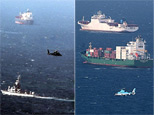
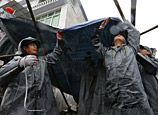

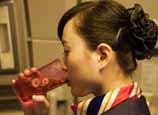
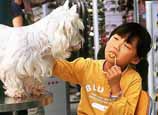
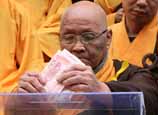
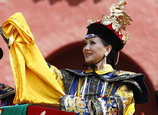

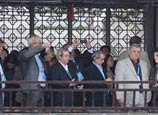







 Giant pandas safe in quake-hit zone
Giant pandas safe in quake-hit zone


![]()
